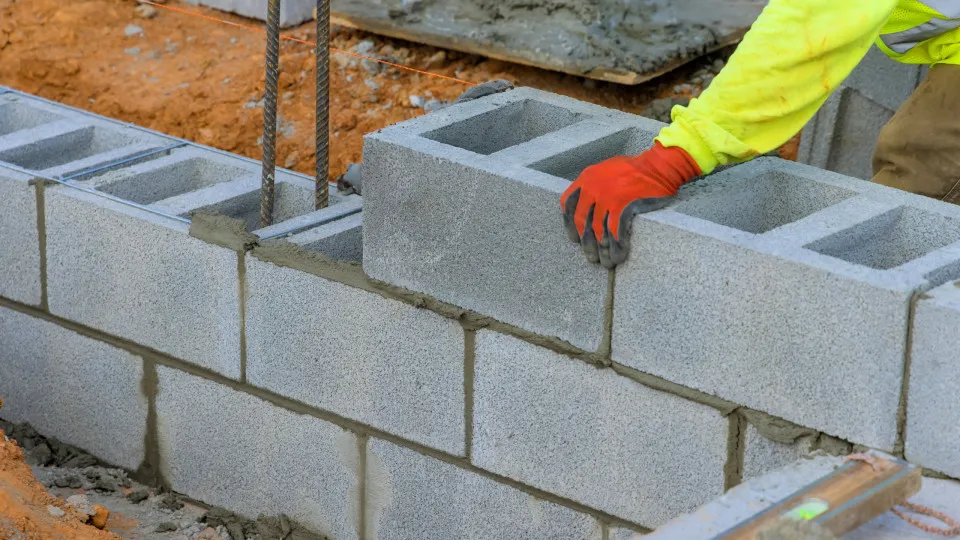
The Prime Minister announced a reduction in the VAT rate to 6% for the construction of homes for sale up to 648,000 euros or for rental with rents up to 2,300 euros.
Luís Montenegro made this announcement during a meeting of the Council of Ministers held at his official residence in São Bento, issuing a statement without taking questions.
Montenegro acknowledged that the reduced VAT for constructing rental homes with rents up to 2,300 euros might seem “a bit high” but argued it represents “a maximum ceiling” meant to cover the construction of homes for families in high-demand areas such as the Lisbon and Porto metropolitan areas.
This fiscal policy is set to last until 2029.
“It’s a shock policy, we want to shake up the construction and rental market,” he stated.
Following the announcement of other housing measures impacting income tax on Wednesday, Montenegro said the government felt the need for “a bigger push” with “more boldness, more ambition.”
“It’s not a plan just for those with greater difficulties; it’s a plan for all workers, for all agents in our society who also want to build their future in Portugal,” he asserted.
The Prime Minister referred further details on the simplifications of several “legislative reference instruments, particularly in the legal regime of urbanization and construction” to the ministers of Infrastructure and State Reform, while he detailed the fiscal measures himself.
“Firstly, the application of a 6% VAT rate for housing construction processes, where the sale value is 648,000 euros,” he announced.
For the Prime Minister, this value covers the market “across most of the country,” including high-pressure price areas, asserting that the government is “acting for the entire territory.”
“At this price, in the vast majority of municipalities, practically all constructions will be covered by this tax rate; in areas with greater pressure, in Lisbon, in Porto, this value integrates the concept we bring to our housing policy, which is access to moderate prices,” he considered.
Furthermore, the minimum VAT rate of 6% will also apply “to the construction and rehabilitation of buildings” for rentals up to 2,300 euros.
“I know the value will sound a bit elevated. It will be said that we are at a very high level. The maximum limit of 2,300 euros is a limit that, basically, applies to these high-pressure areas,” he justified, stating that in areas like Lisbon and Porto there is “practice of rental amounts higher than this.”
This decision is based on the desire for this fiscal regime to apply “to the entire rental-built environment, globally, in the great majority of the country.”
“We are talking about a ceiling that gives the middle class, families with some economic capacity, a new offer possibility to settle and constitute the human resources that our public administration and our companies need to be competitive,” he stated.
Montenegro admitted that “for a citizen from Bragança or Freixo de Espada à Cinta, a rent of 2,300 euros is a fortune.”
“But a family with two or three children, in Lisbon and Porto, often cannot get housing at a price lower than this,” he noted, insisting it is a project that “leaves no one out,” except those with much higher incomes.
This fiscal regime is to remain until the end of the legislature, to be evaluated by the next government “whether it is constituted by the same political forces or others.”
“It is at that time that we will be able to assess the results of this fiscal policy initiative and verify if it produced the intended effects, which are increasing supply, containment and reduction of prices,” he stated.
[Updated at 3:03 PM]




